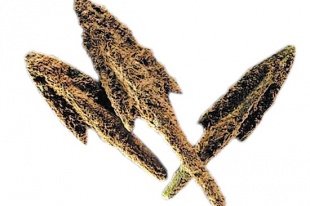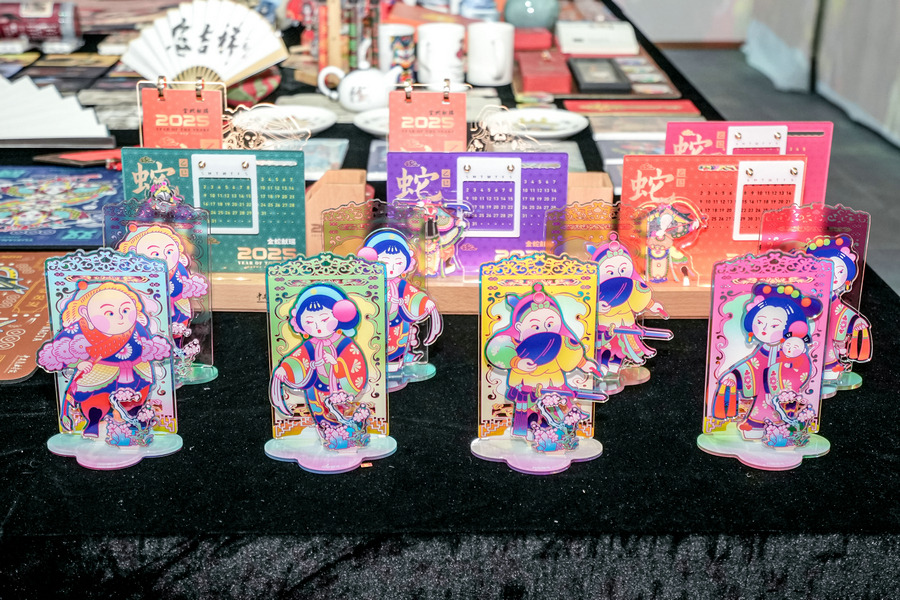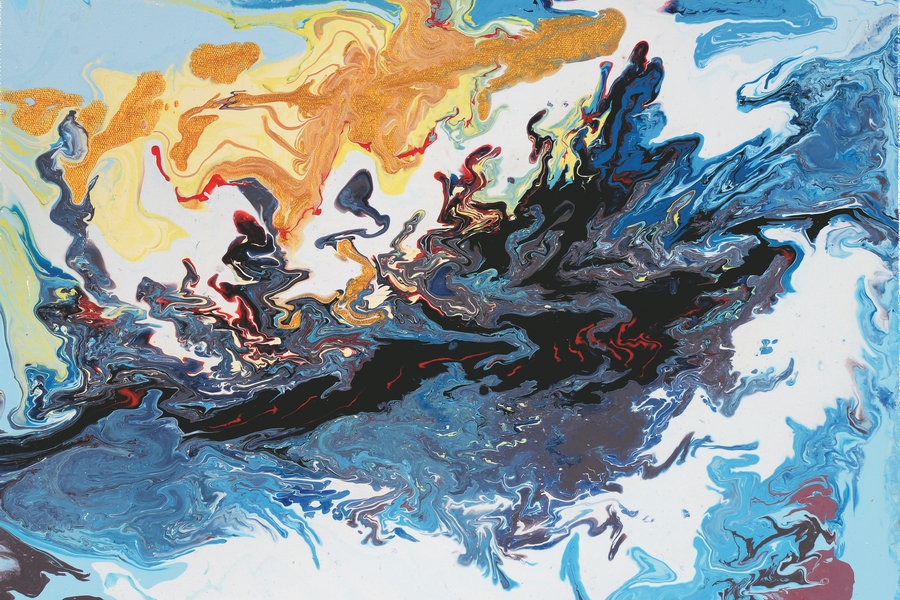Shaanxi hosts historical gathering
Experts convene at the 4th Congress of Chinese Archaeology to share the latest findings and discoveries, Wang Ru reports in Xi'an.


According to Guo, the habit of destroying weapons can often be seen in ancient tombs, where weapons were deliberately broken, and then put beside the dead to show eagerness for peace.
A bronze ge unearthed from a tomb of the Warring States Period in Jingmen, Hubei province, is inscribed with the words dawu bibing, which refer to performing music and dance to express the idea of stopping military affairs and striving for peace.
The idea was passed down. The Shiji, or the Records of the Grand Historian, the foundational text of Chinese history dating back to the 1st century BC, notes that after China's first emperor Qinshihuang unified the country in 221 BC, he ordered the collection of weapons and for them to be melted down in Xianyang, the Qin capital. He then cast 12 metal statues to represent the end of war.
"Ancient Chinese people attached great importance to military affairs, but combining archaeological discoveries and historical records, we now see that their point was to be careful with them, and reduce them as much as possible," says Guo.




































